Publications
Articles, publications, books, tools and multimedia features from the U.S. Institute of Peace provide the latest news, analysis, research findings, practitioner guides and reports, all related to the conflict zones and issues that are at the center of the Institute’s work to prevent and reduce violent conflict.
The Future of Kosovo
Congressional Testimony by Dan Serwer, director of the Balkans Initiative.
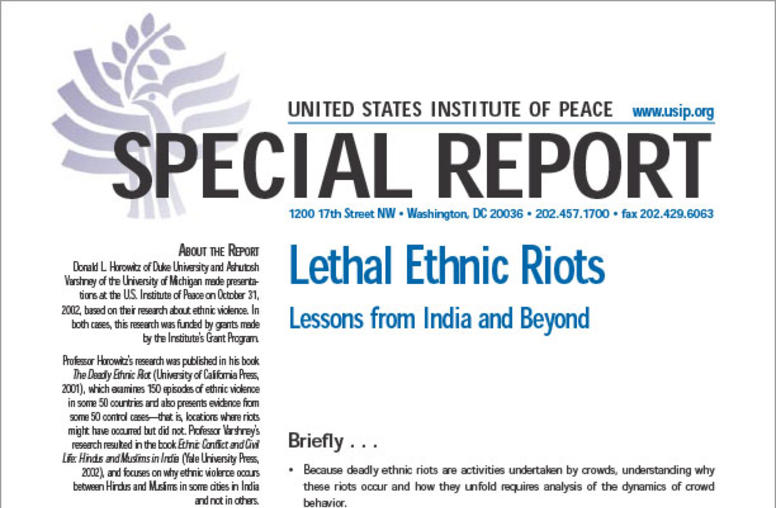
Lethal Ethnic Riots: Lessons from India and Beyond
Briefly Because deadly ethnic riots are activities undertaken by crowds, understanding why these riots occur and how they unfold requires analysis of the dynamics of crowd behavior. Rioters display a mixture of lucid calculation and irrational passion in their behavior, carefully targeting their victims but finding emotional release in their killing.
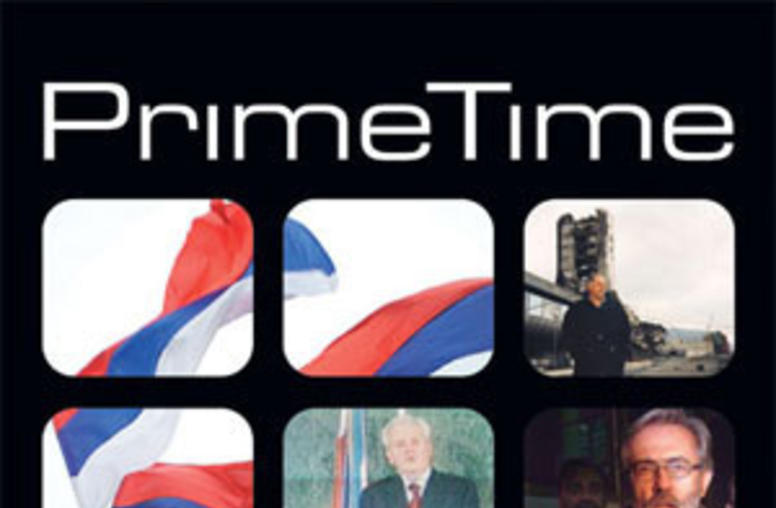
Prime Time Crime
One of the most courageous journalists of our time, Kemal Kurspahic tells a riveting tale of how media malfeasance stirred up the ethnic hatreds that led to the bloody Balkan wars of the 1990s.
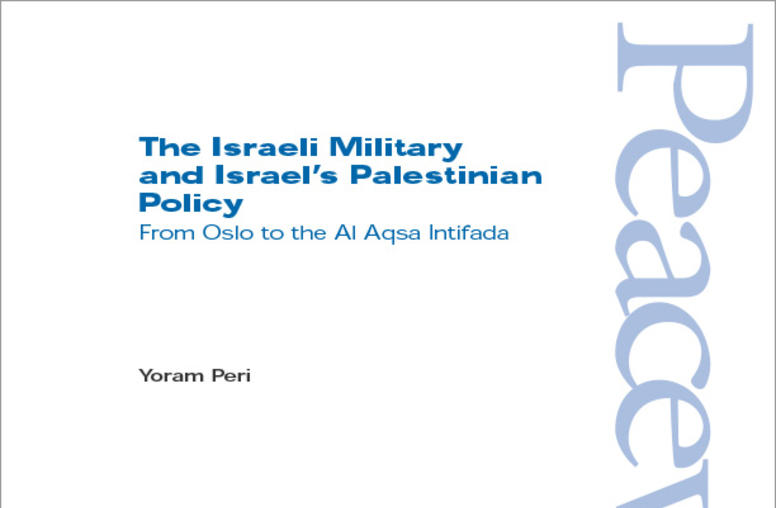
The Israeli Military and Israel's Palestinian Policy: From Oslo to the Al Aqsa Intifada
Peri’s account of Israel’s travails is the broader lesson about what can happen to a democratic political system over decades of constant warfare of greater or lesser intensity. Perhaps inevitably, military leaders, active or retired, acquire great public prominence, while civilian politicians, nominally their superiors shrink in perceived stature. In Israel it has become more and more difficult for either major political party to achieve political success without having a bevy of retired gen...
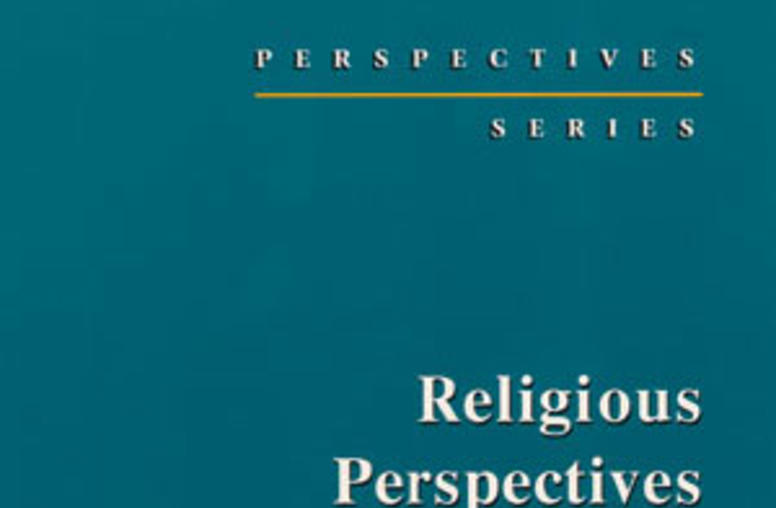
Religious Perspectives on War
In this volume, Jews, Muslims, and Christians with very diverse views address such issues as the just war doctrine, explaining their differences and finding often surprising common ground.
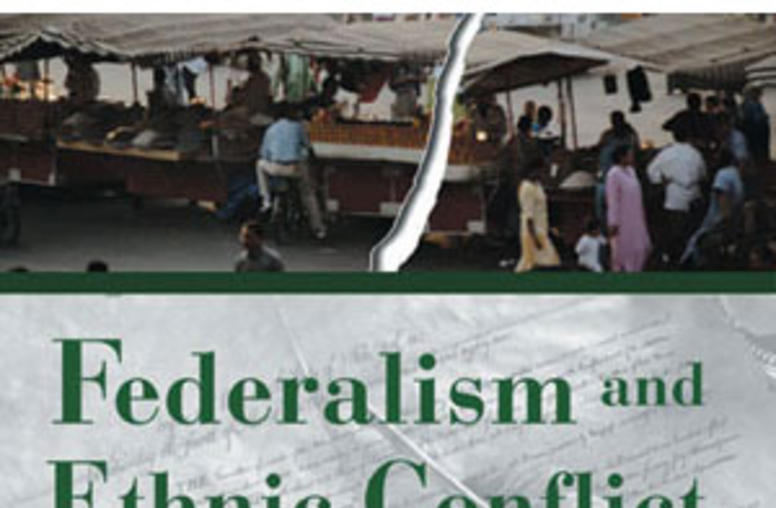
Federalism and Ethnic Conflict in Nigeria
In this compelling new work, Suberu examines the profound political contradictions that make up Nigeria, a nation whose leaders have constantly tinkered with a colonial federal legacy that sought to balance the country’s three major ethnic groups. He explores the evolution of Nigerian federalism through its various constitutional experiments and administrative redesigns, including those in the periods of military rule.
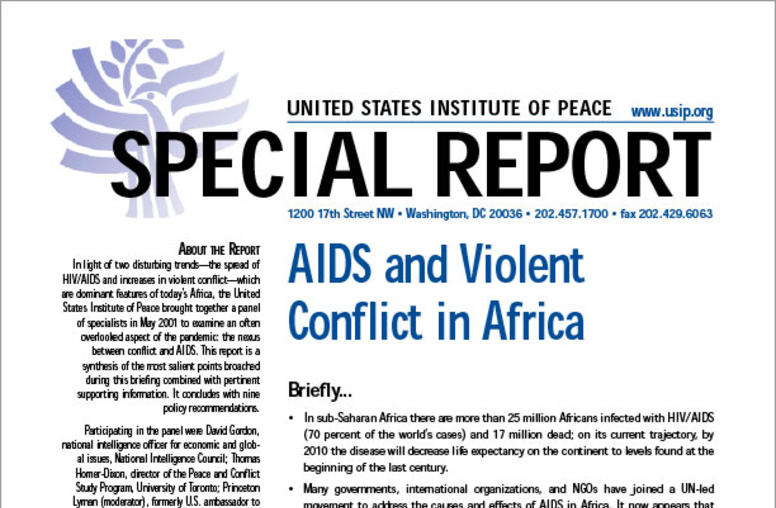
AIDS and Violent Conflict in Africa
In light of two disturbing trends--the spread of HIV/AIDS and increases in violent conflict--which are dominant features of today's Africa, the United States Institute of Peace brought together a panel of specialists in May 2001 to examine an often overlooked aspect of the pandemic: the nexus between conflict and AIDS. This report is a synthesis of the most salient points broached during this briefing combined with pertinent supporting information. It concludes with nine policy recommendation...
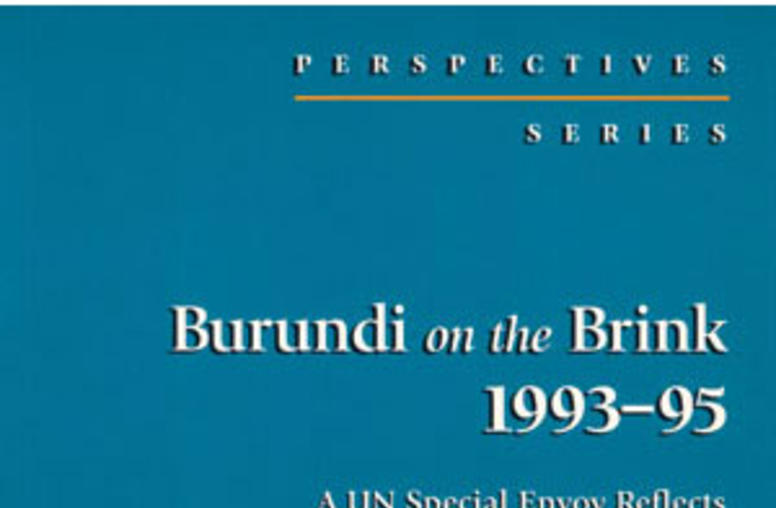
Burundi on the Brink, 1993-95
Ambassador Ould-Abdallah arrived in Burundi with a mandate from the United Nations to rescue the country's fledgling democracy and bring together political and ethnic rivals. His original mandate was for three months; he stayed two years.
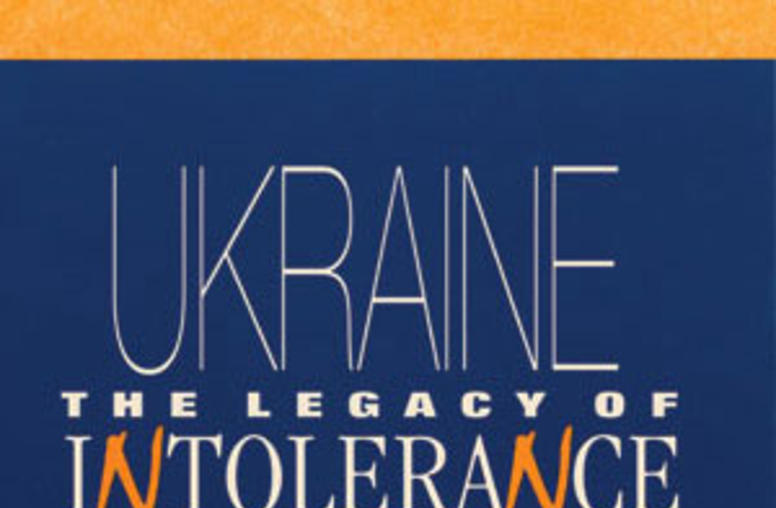
Ukraine: The Legacy of Intolerance
Examines the complex history of the Ukrainian conflict, explores the contending claims of the different churches, and analyzes the prospects for resolution.
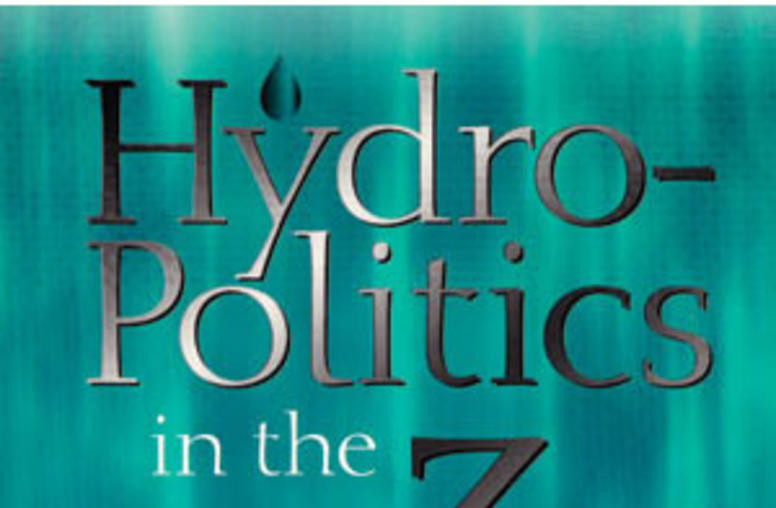
Hydropolitics in the Third World
With more than 50 percent of the world’s landmass covered by river basins shared by two or more states, competition over water resources has always had the potential to spark violence. And growing populations and accelerating demands for fresh water are putting ever greater pressures on already scarce water resources.